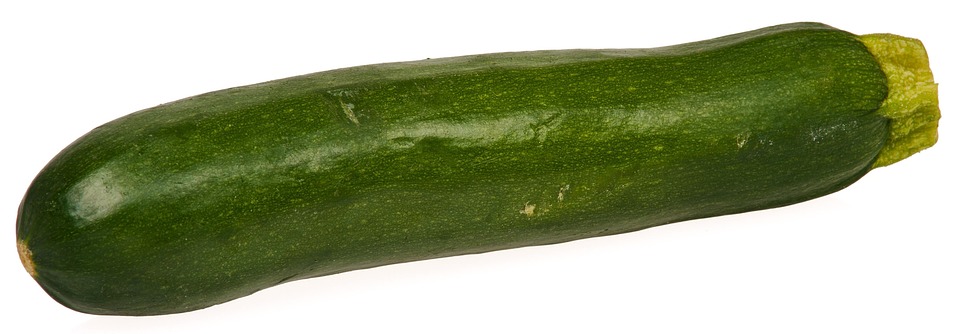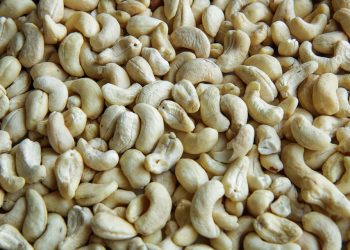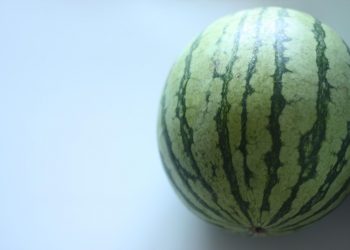10 Surprising Benefits of a Plant-Based Whole Food Diet
A plant-based whole food diet offers a treasure trove of benefits that can transform your health and well-being. If you’ve ever wondered what this lifestyle can do for you, get ready to discover how a few simple changes to your plate can lead to remarkable improvements in your life.
Contents
- What Is a Plant-Based Whole Food Diet?
- Why Choose a Plant-Based Whole Food Diet?
- 1. Enhanced Heart Health
- 2. Weight Management Made Easier
- 3. Improved Digestive Health
- 4. Increased Energy Levels
- 5. Better Skin Health
- 6. Lower Risk of Chronic Diseases
- 7. Environmental Impact
- 8. Mental Clarity and Mood Boost
- 9. Greater Nutritional Variety
- 10. Empowerment Through Choice
- How to Get Started
- Bottom Line
- FAQ
What Is a Plant-Based Whole Food Diet?
At its core, a plant-based whole food diet focuses on whole, unprocessed foods that come primarily from plants. This means fruits, vegetables, legumes, nuts, seeds, and whole grains. You’re steering clear of highly processed foods, refined sugars, and animal products. Why does this matter? Because the food you eat is the foundation of your health. What you put on your plate can either fuel your body or weigh it down.
Why Choose a Plant-Based Whole Food Diet?
Choosing a plant-based whole food diet isn’t just a trend; it’s a lifestyle choice backed by science. Studies show that this way of eating can improve your overall health, boost your energy levels, and even enhance your mood. It’s time to explore ten surprising benefits that might just make you rethink your next meal.
1. Enhanced Heart Health
Your heart deserves the best care. A diet rich in whole plant foods is packed with antioxidants, fiber, and healthy fats. Research indicates that these foods can lower cholesterol levels, reduce blood pressure, and decrease the risk of heart disease. According to the American Heart Association, a plant-based diet can significantly lower your risk of cardiovascular issues.
2. Weight Management Made Easier
Struggling with weight? A plant-based whole food diet can help you shed those extra pounds naturally. These foods tend to be lower in calories but rich in nutrients, keeping you full longer. You’ll find that a plate full of veggies and whole grains satisfies more than a processed snack ever could.
3. Improved Digestive Health
Your gut is like a second brain, and what you feed it matters. A diet high in fiber, which is abundant in whole plant foods, promotes a healthy digestive system. It helps prevent constipation, reduces the risk of colon cancer, and supports beneficial gut bacteria. Say goodbye to digestive discomfort and hello to a happy belly!
4. Increased Energy Levels
Feeling sluggish? A plant-based whole food diet can be your ticket to more energy. Whole foods are nutrient-dense, providing your body with the vitamins and minerals it craves. You’ll notice a difference in your energy levels, making it easier to tackle your day-to-day activities.
5. Better Skin Health
Want that radiant glow? The antioxidants in fruits and vegetables can work wonders for your skin. They combat free radicals, reduce inflammation, and improve overall skin texture. You might find that your skin looks healthier, clearer, and more youthful when you embrace a plant-based diet.
6. Lower Risk of Chronic Diseases
Chronic diseases like diabetes, cancer, and hypertension are on the rise. Studies show that a plant-based whole food diet can lower your risk of developing these conditions. The World Health Organization emphasizes the importance of a diet rich in fruits and vegetables in reducing the likelihood of chronic diseases. Make your plate vibrant, and your health may follow.
7. Environmental Impact
Your food choices matter, not just for your health but for the planet. A plant-based whole food diet has a smaller carbon footprint compared to diets high in animal products. By choosing plant foods, you contribute to sustainability and reduce your impact on climate change. It’s a win-win!
8. Mental Clarity and Mood Boost
What you eat affects how you feel. A diet rich in whole plant foods can enhance cognitive function and improve mood. Nutrients like omega-3 fatty acids found in flaxseeds and walnuts, as well as antioxidants from fruits and vegetables, are known to support brain health. Say goodbye to brain fog and hello to clarity!
9. Greater Nutritional Variety
One of the joys of a plant-based whole food diet is the sheer variety it offers. You’ll explore new ingredients, flavors, and cuisines. From quinoa to jackfruit, the possibilities are endless. This diversity not only keeps your meals exciting but ensures that you’re getting a wide range of nutrients.
10. Empowerment Through Choice
Choosing a plant-based whole food diet empowers you to take control of your health. You become more conscious of what you’re eating, which can lead to better choices overall. This empowerment extends beyond your plate; it can ripple through other areas of your life. When you prioritize your health, you’re setting the stage for a happier, more fulfilling existence.
How to Get Started
Transitioning to a plant-based whole food diet doesn’t have to be overwhelming. Here’s a simple roadmap to guide you:
- Start Slow: Begin by incorporating more fruits and vegetables into your meals. Try a plant-based breakfast of oatmeal topped with fresh berries.
- Experiment: Explore new recipes. There are countless resources online that can inspire delicious plant-based meals.
- Plan Your Meals: Planning ahead can help you stay on track. Create a weekly menu that includes a variety of whole foods.
- Listen to Your Body: Pay attention to how different foods make you feel. Your body will guide you toward what works best for you.
Bottom Line
Embracing a plant-based whole food diet can open the door to a healthier, more vibrant life. From enhancing your heart health to boosting your energy levels, the benefits are profound. You have the power to transform your health one meal at a time.
So, are you ready to take the plunge? Dive into the world of plant-based eating and discover the joys that await you. Your body and your mind will thank you!
FAQ
Q: Can I still get enough protein on a plant-based diet?
A: Absolutely! Beans, lentils, tofu, tempeh, and quinoa are excellent sources of plant-based protein.
Q: Is it expensive to eat a plant-based diet?
A: It can be cost-effective, especially if you focus on whole foods. Buying in bulk and seasonal produce can save you money.
Q: Do I need to give up all animal products?
A: Not necessarily. Many people find success in adopting a flexible approach, focusing on whole plant foods while minimizing animal products.
Q: Will I miss my favorite foods?
A: You might be surprised at how satisfying plant-based alternatives can be! There are creative ways to make your favorites using whole plant ingredients.
Q: How can I stay motivated?
A: Surround yourself with supportive communities, whether online or in person. Sharing recipes and experiences can keep you inspired on your journey.
Get Your FREE Natural Health Guide!
Subscribe now and receive our exclusive ebook packed with natural health tips, practical wellness advice, and easy lifestyle changes — delivered straight to your inbox.














